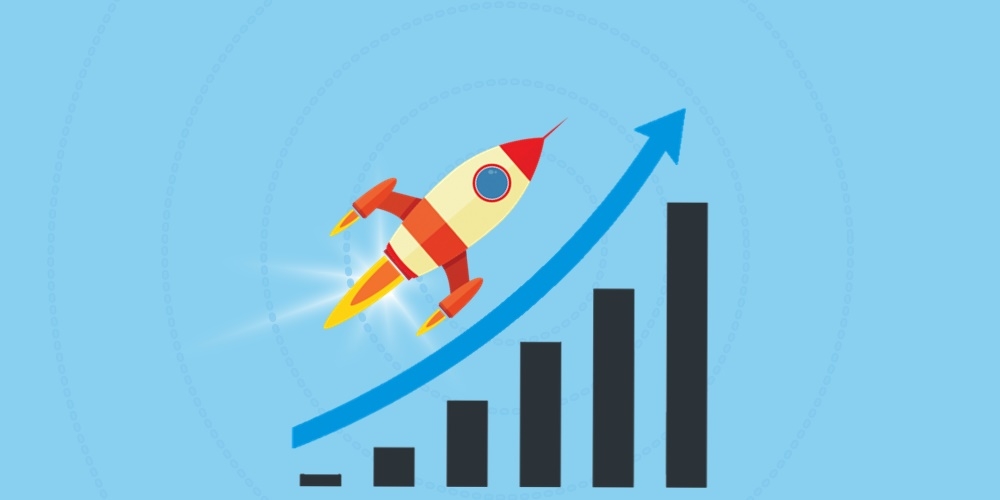All big things start with few people and one big idea and this is what motivates startup founders to go out there and do their thing. We thought it would be interesting to have a look at biggest startup trends right from 2000 and to 2020 and observe how these trends were evolving and changing.
2000 – 2007
The years of 2000 to 2007 were a paradise for innovators, as there was not yet much for the user. One of the biggest things that happened in this time was social networks. Our beloved Facebook (founded in 2004), YouTube (2005) and Twitter (2006) – all of them were founded between 2000 and 2007 and gained tremendous success and popularity. It’s hard to imagine modern everyday life without checking your notifications: imagine how much of “wow” effect they had this time back!
What else had a lot of attention was “functional foods”: water filled with minerals and snacks packed with vitamins of all kinds. With such hype around “healthy food”, it was easy to launch any kind of startup related to it: café, production, whatever you felt like.
2007
The biggest thing that happened to the world in 2007 was launch of first Apple iPhone, and Apple was a startup (technically speaking). These smartphones completely changed the way people viewed their phones and since then, Apple production is one of the most appreciated, desired and reliable in the world.
2010
Since 2007 to 2010 startup founders have been noticing one thing: people were slowly shifting from their PC to mobile phones and something had to be done in regard to that. Websites and products were optimized for mobile use and companies kept in mind that the user can now be online more often than before and this fact must not be ignored.
What else could be noticed about 2010 is the way corporate culture changed. It became more transparent and honest since times were a bit hard back then and only stable relationship with employees could keep the company afloat.
Overall, 2010 can be called a “year of startups”, as people realized that it’s worth a try and new companies started to emerge.
2015
In 2015, startup founders became more expert in terms of customer demand and customer satisfaction. The time of intuitive guessing was gone – now startups started to rely on calculations, surveys and SEO in order to attract more people. As well, crowdfunding became a trend as startups began to rely more on people and did not hesitate to ask for help.
Hiring freelancers also gained a lot of popularity as it created a win-win situation, when a startup was acquiring talent and saving budget at the same time.
2016 – 2020
Today startups revolve around few big things: AI, IoT and cybersecurity.
Artificial intelligence and Internet of Things are really big these days. Smart homes, smart cars, smart everything – smart devices are taking over our lives and we don’t mind it at all. AI and IoT make our lives much easier, being applied in a lot of fields, including major ones like healthcare. What’s most interesting about these trends is the fact that they are developed for mass use, aka for the benefit of people. Maybe this is the reason everybody pay so much attention to it now.
Cybersecurity is also a hot topic because…well, there have been issues with it. And if someone can offer a solution to fix these issues, that would be great.
The final question remains open: what can we expect from start-ups in 2018 and so on? As we believe, services will move to new levels with more complicated artificial intelligence, more mass-scale use of robotics and other miracles that a decade ago were considered pure fiction. And at DashBouquet we’ll do our best to make sure we are keeping up.



